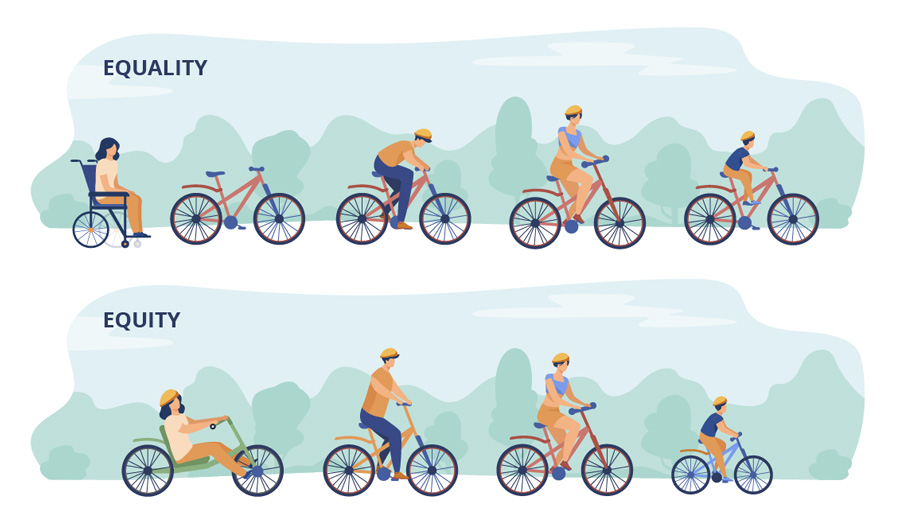Collaborative Aotearoa aims to provide every New Zealander with equitable access to health and wellbeing services across Aotearoa.
We are particularly focused on equitable healthcare outcomes for Māori groups who have previously faced unconscious bias when accessing healthcare resources. We are supported by, and continue to embed, Māori input within our practices. It is important to us to strive for health equity to ensure your whānau feel confident and assured when accessing our services, it also ensures that the level of care provided by our staff is outstanding.
We believe all patients should receive excellent healthcare regardless of their socio-economic, demographic or geographic status.



